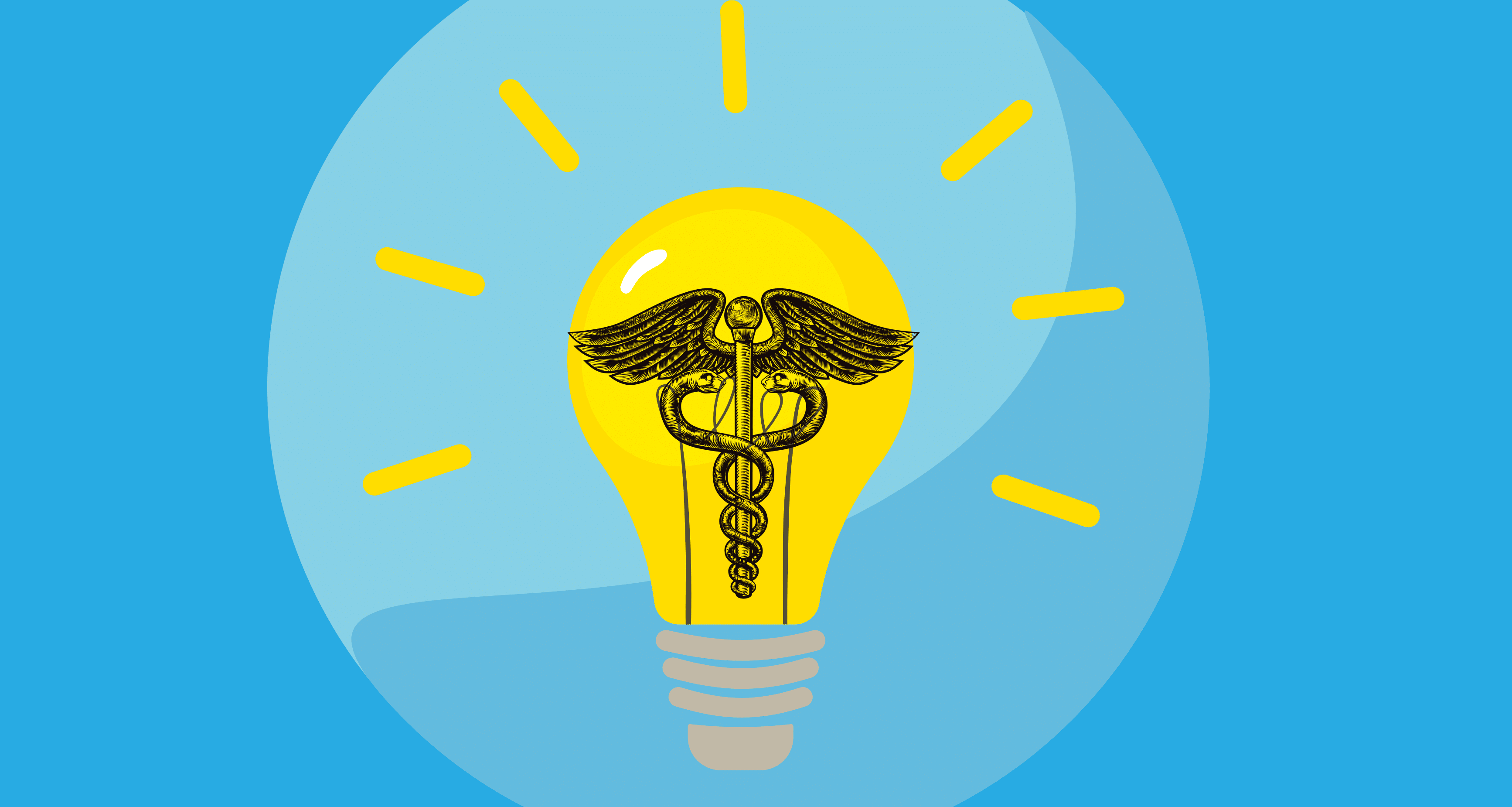
Data breaches and privacy concerns are becoming more prevalent, making HIPAA compliance crucial for healthcare organizations. HIPAA provides strict guidelines to protect patients’ sensitive information from unauthorized access or disclosure. While adhering to the regulations may seem daunting at first, following these HIPAA compliance tips makes it manageable.
1. Educate Yourself: Understanding the Basics of HIPAA Compliance
Before delving into the specifics of HIPAA compliance, it’s essential to grasp the foundational concepts. Familiarize yourself with the three main components of HIPAA – the Privacy Rule, Security Rule, and Breach Notification Rule.
Each rule addresses different aspects of protecting patient information, including:
- Individual Rights
- Administrative Safeguards
- Physical Security Measures
- Breach Reporting Protocols
2. Safeguard Physical Documents: Lock It Up!
While digital records have become increasingly common in the healthcare industry, physical documents still play a role in many practices. Ensure that all paper files containing patient information are stored securely in locked cabinets or rooms accessible only to authorized personnel. Implement strict policies and procedures regarding document disposal, including shredding confidential papers rather than simply discarding them in regular waste bins.
3. Password Protection: Your First Line of Defense
Passwords serve as your initial defense against unauthorized access to electronic health records (EHRs) or other sensitive systems. Make sure you create strong passwords, using a minimum of 8 characters. Avoid using sequential characters (e.g., “1234”), repeated characters (e.g., “aaaa”), or easily guessable phrases. Passwords should never expire but must be changed if compromised. Password hints should not be used, and sharing of passwords should be prohibited.
4. Secure Your Electronic Devices: Think Beyond Passwords
Laptops, smartphones, tablets, and other electronic devices are prone to theft or loss. Encrypting these devices adds an additional layer of security by scrambling the data stored within them. In case they fall into the wrong hands, encryption makes it extremely difficult for unauthorized individuals to access patient information.
5. Be Mindful of Email: Protecting Patient Privacy Online
Email has become an integral part of communication in healthcare settings. However, sending sensitive patient information via regular email is a significant HIPAA violation. Instead, utilize secure email services that offer end-to-end encryption, ensuring that only the intended recipient can access the message contents. Always verify the recipient’s email address before sending any confidential information.
6. Train Regularly: Stay Updated on HIPAA Regulations
HIPAA regulations evolve over time, necessitating ongoing employee education and training. Attend regular workshops or webinars to stay up-to-date with any changes in compliance requirements. Also, ensure you understand your organization’s specific data protection and privacy policies.
7. Report Suspicious Activity: The Importance of Vigilance
Maintaining HIPAA compliance requires constant vigilance from every employee. Report any suspicious activity or potential breaches immediately to your organization’s designated HIPAA privacy officer or compliance team. Early detection and prompt reporting help prevent further damage and ensure appropriate actions are taken promptly.
How Compliancy Group Can Help Employees Follow Basic HIPAA Compliance Tips
HIPAA compliance is not optional but a legal obligation for all healthcare organizations and their employees. By following these essential tips and staying informed about evolving regulations, you can play an active role in safeguarding patients’ sensitive information and maintaining trust within the healthcare industry. Remember, protecting patient privacy is not just a responsibility but a fundamental aspect of providing quality care.
Compliancy Group is a leading provider of HIPAA compliance solutions that can help employees follow HIPAA compliance tips effectively. With our comprehensive platform, employees can access various resources and tools to ensure they are fully compliant with HIPAA regulations. Compliancy Group offers training programs, interactive webinars, and informative guides that provide step-by-step instructions on securely handling protected health information (PHI).
Additionally, our software enables healthcare organizations to track and manage their compliance efforts, ensuring ongoing adherence to HIPAA guidelines. By utilizing Compliancy Group’s services, employees can confidently navigate the complexities of HIPAA compliance while safeguarding sensitive patient data.








